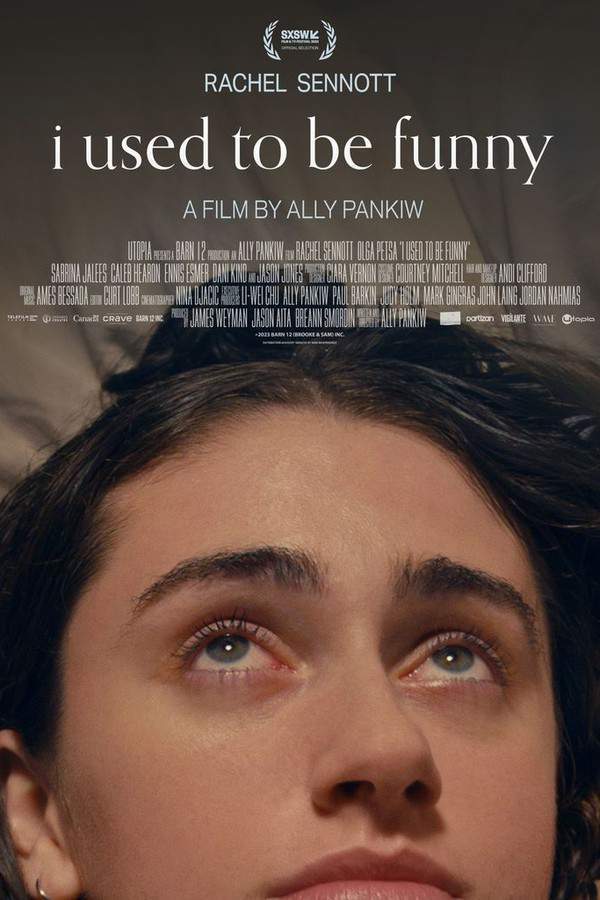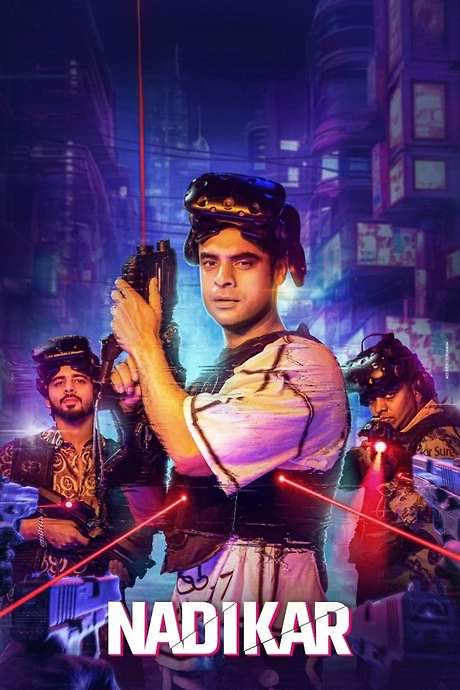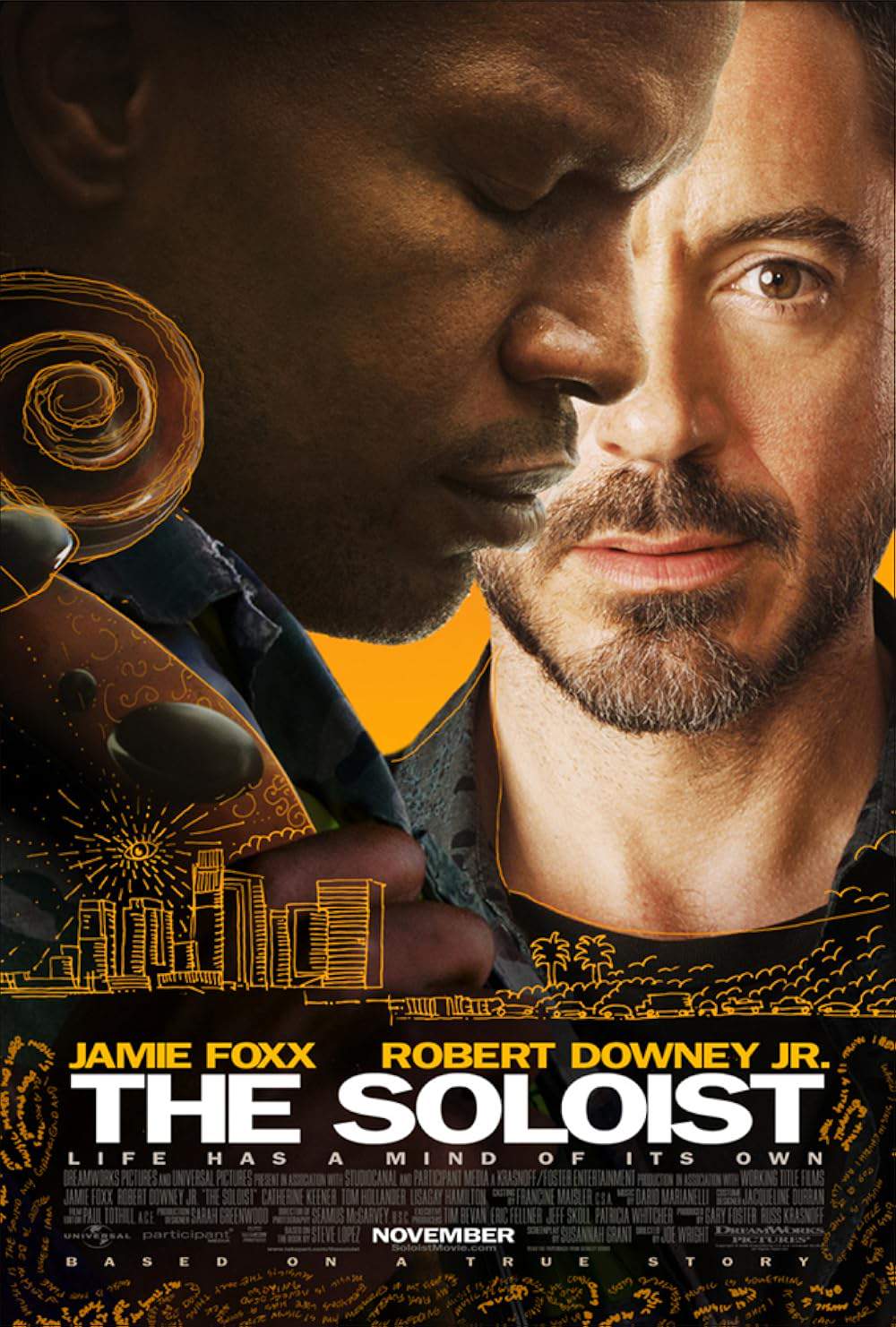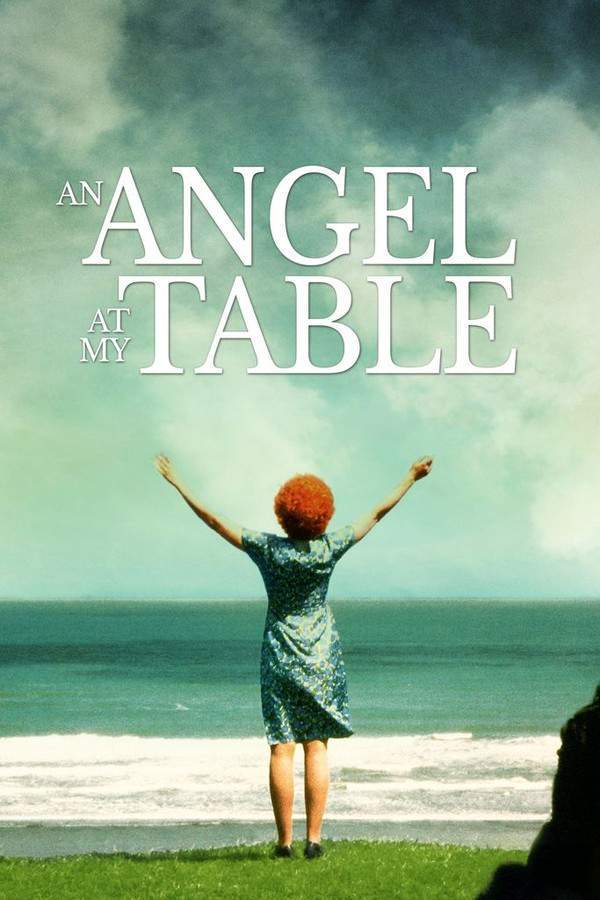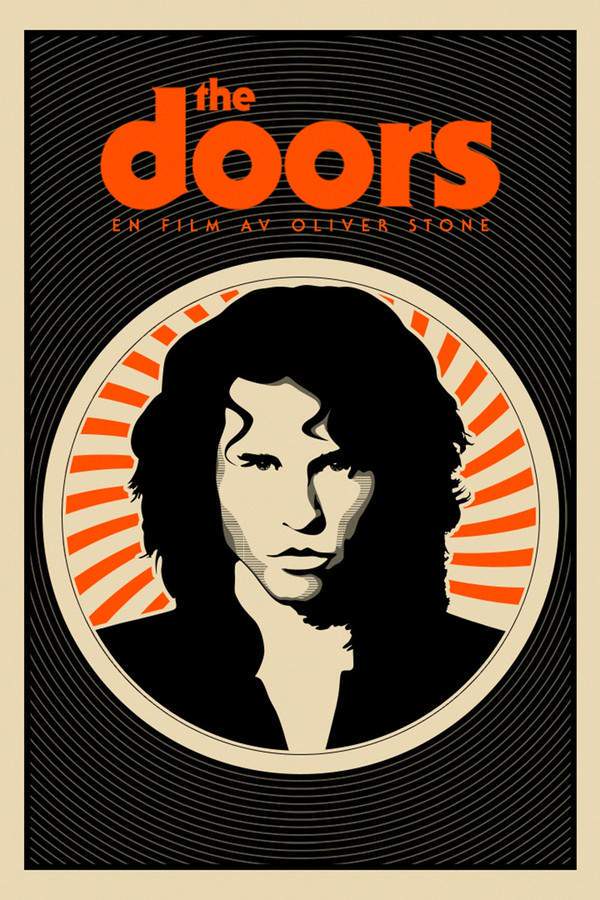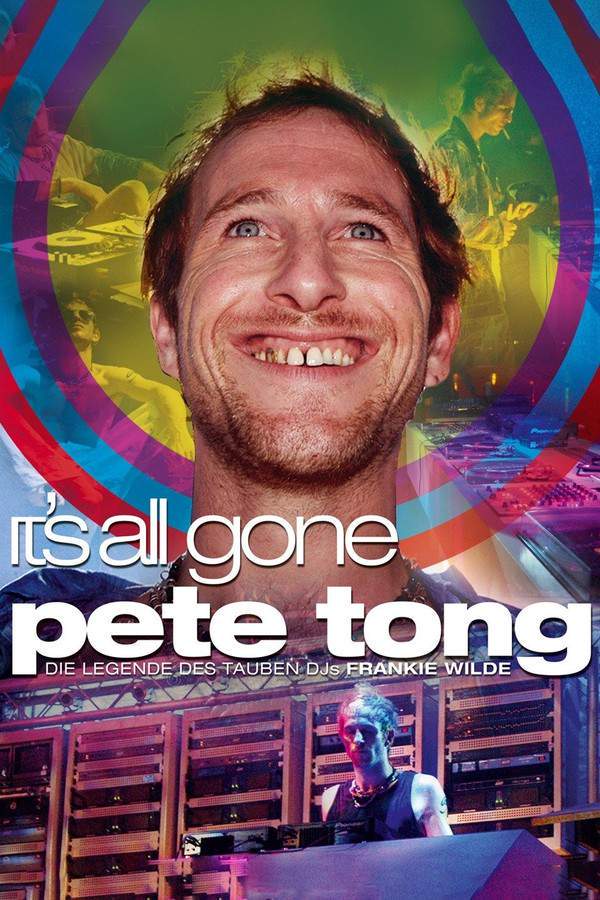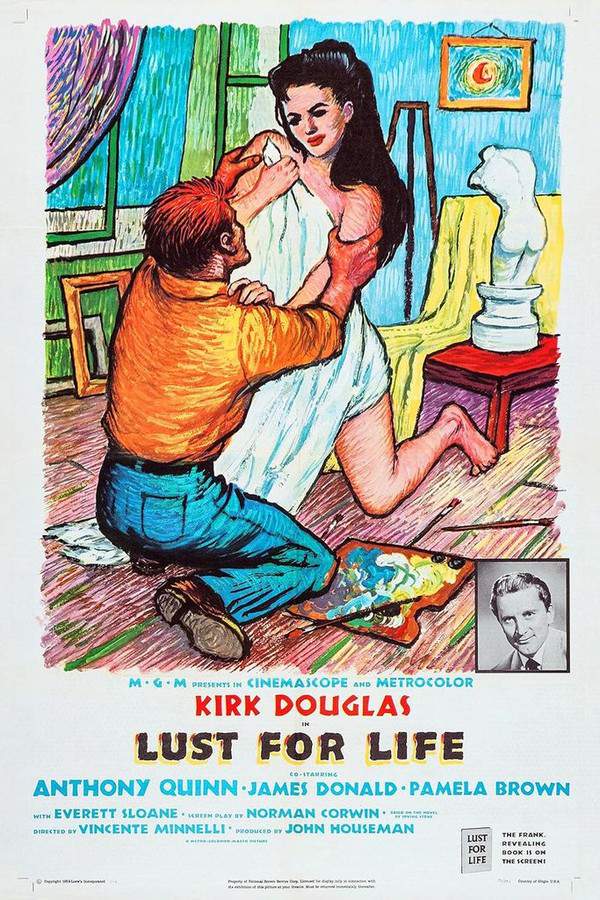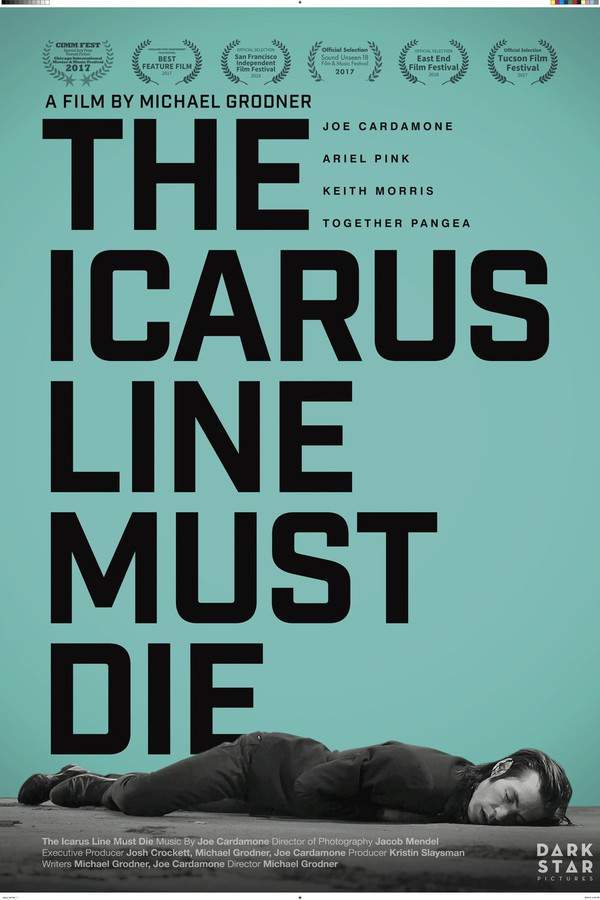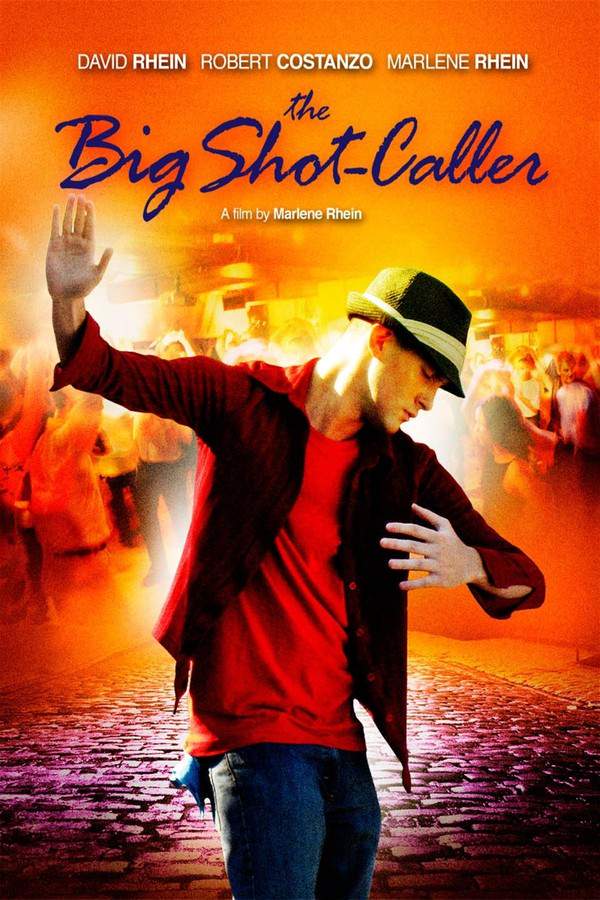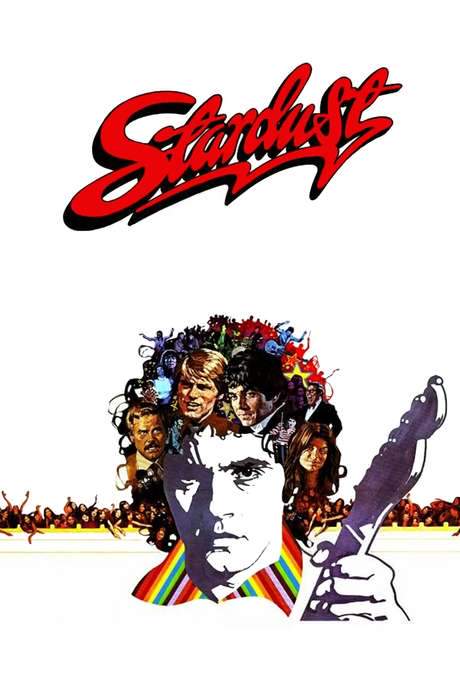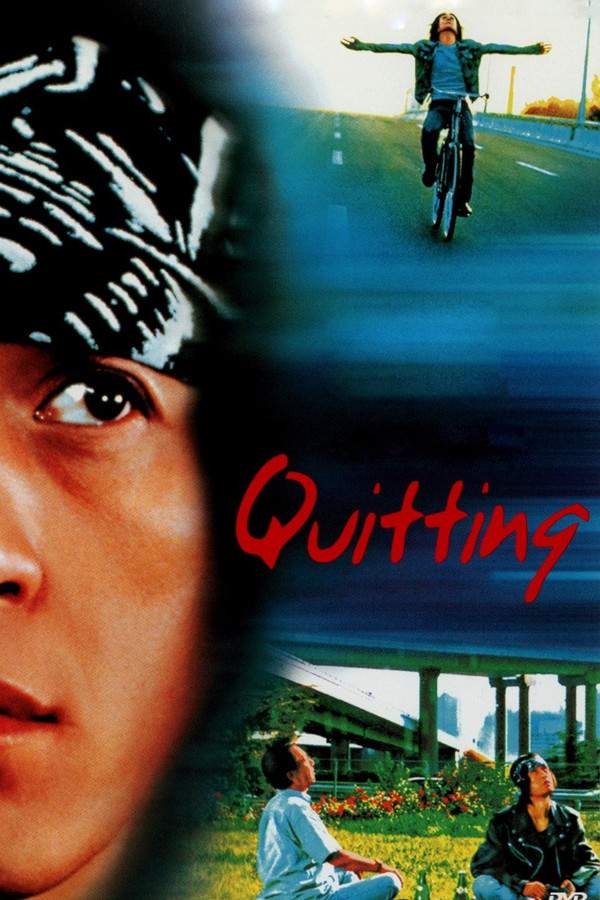
Quitting
Year: 2002
Runtime: 112 min
Language: Chinese
In 1980s China, Jia Hongsheng became a popular action star known as the "thug idol," appearing in numerous B-movies as a tough hero or gangster. As the artistic landscape shifted in the early 1990s, Jia struggled with personal conflicts and a sense of internal turmoil. This led to a difficult period, ultimately resulting in his placement in a mental institution. The film explores Jia’s emotional journey as he seeks to rediscover his identity and mend his relationship with his family against a backdrop of significant cultural change in China.
Quitting (2002) – Spoiler-Free Movie Summary & Plot Overview
Get a spoiler-free look at Quitting (2002) with a clear plot overview that covers the setting, main characters, and story premise—without revealing key twists or the ending. Perfect for deciding if this film is your next watch.
In the bustling streets of 1980s Beijing, a time when China’s cultural tides were turning from rigid propaganda toward a more restless, experimental pulse, the world of cinema mirrors that uneasy transition. Neon‑lit billboards showcase glossy martial‑arts heroes, yet beneath the surface a new, quieter yearning for personal expression begins to surface in studios, theaters, and everyday lives. The atmosphere is a blend of lingering collectivist ideals and the flickering promise of individual voice, creating a backdrop both vibrant and vaguely unsettled.
Jia Hongsheng rose to fame as the era’s “thug idol,” his rugged on‑screen presence embodying the fierce, unyielding characters that captivated a generation hungry for bold escapism. While audiences cheered his performances in gritty B‑movies and celebrated his larger‑than‑life charisma, a quieter, more introspective side of him wrestles with the shifting expectations of an industry and a nation in flux. The film paints his inner world with a muted palette, hinting at a man who, despite outward triumph, feels an unsteady current pulling him away from the spotlight he once commanded.
Enter his parents, veteran theater actors Jia Fengsen and Chai Xiuling, whose own artistic journeys have been shaped by decades of stagecraft. Their quiet, steadfast devotion offers a counterpoint to the flash of cinema, anchoring the story in familial love and generational wisdom. Wang Tong, his younger sister, returns home, bringing with her a blend of tenderness and practical support that bridges the gap between the star’s public persona and the man behind the mask. Their interactions are tinged with gentle humor, lingering frustration, and an ever‑present hope that connection can mend what fame has frayed.
Against this richly textured setting, the narrative follows Jia as he stands at the crossroads of identity and expectation. With the nation’s cultural renaissance echoing his personal quest, the film invites viewers into a contemplative mood—softly luminous, tinged with melancholy, and brimming with the quiet resilience of a family striving to reclaim a sense of belonging amid sweeping change.
Last Updated: August 10, 2025 at 11:20
Explore Movie Threads
Discover curated groups of movies connected by mood, themes, and story style. Browse collections built around emotion, atmosphere, and narrative focus to easily find films that match what you feel like watching right now.
Hopeful recovery stories like Quitting
Stories of individuals finding light after hitting rock bottom.Explore movies like Quitting that follow a difficult personal crisis but lead to a hopeful and redemptive conclusion. These films often tackle heavy themes like addiction or mental health, yet maintain a steady, character-driven pace focused on recovery and reconciliation, offering an emotionally resonant but ultimately uplifting experience.
Narrative Summary
Narratives in this thread typically follow a linear decline into a personal crisis, followed by a steady, often challenging, ascent towards recovery. The central conflict is internal, revolving around identity and healing, and is resolved through perseverance and often the support of family or community.
Why These Movies?
Movies are grouped here because they share a specific emotional mix: they acknowledge deep pain and struggle but are fundamentally defined by a hopeful, forward-moving energy. They balance medium emotional weight with a steady pacing and a tone that leans toward redemption, making the difficult journey worthwhile.
Movies about artistic struggle like Quitting
Portraits of artists grappling with fame, identity, and their craft.If you liked Quitting's exploration of an actor's internal conflict with fame and identity, you'll find similar stories here. These films delve into the psychological toll of artistic life, often set against a backdrop of cultural change, and feature contemplative, character-driven narratives about finding one's true self.
Narrative Summary
These stories often depict a successful artist confronting a crisis of meaning, leading to a period of self-destruction or withdrawal. The narrative follows their contemplative journey to rebuild their identity, not just as an artist but as a person, frequently exploring themes of authenticity and generational change.
Why These Movies?
These films are connected by their deep dive into the psychology of the artist. They share a mood that is introspective, melancholic, and dramatic, with a steady pacing that allows for character study. The central theme is the struggle to maintain an authentic self in the face of external pressures and internal strife.
Unlock the Full Story of Quitting
Don't stop at just watching — explore Quitting in full detail. From the complete plot summary and scene-by-scene timeline to character breakdowns, thematic analysis, and a deep dive into the ending — every page helps you truly understand what Quitting is all about. Plus, discover what's next after the movie.
Quitting Summary
Read a complete plot summary of Quitting, including all key story points, character arcs, and turning points. This in-depth recap is ideal for understanding the narrative structure or reviewing what happened in the movie.

Quitting Timeline
Track the full timeline of Quitting with every major event arranged chronologically. Perfect for decoding non-linear storytelling, flashbacks, or parallel narratives with a clear scene-by-scene breakdown.

Characters, Settings & Themes in Quitting
Discover the characters, locations, and core themes that shape Quitting. Get insights into symbolic elements, setting significance, and deeper narrative meaning — ideal for thematic analysis and movie breakdowns.

More About Quitting
Visit What's After the Movie to explore more about Quitting: box office results, cast and crew info, production details, post-credit scenes, and external links — all in one place for movie fans and researchers.








